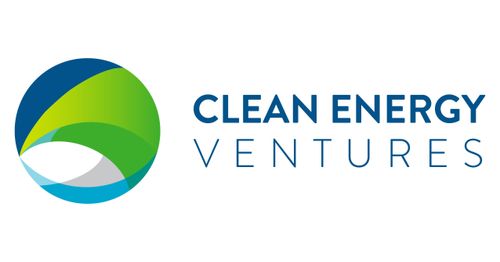Strategic Biofuels, a green fuels developer, has selected Fischer-Tropsch (FT) CANS technology from Johnson Matthey (JM) and bp for a project in Louisiana.
Located on a 327-acre site at the Port of Columbia, the Lousiana Green Fuels plant plans to convert 1 million tons of forestry waste feedstock into cleaner-burning renewable diesel and is projected to produce 31.8 million gallons of biofuels per year once in operation.
The aim is to increase production to over 165 million gallons per year of renewable diesel and sustainable aviation fuels over 10 to 12 years.
The LGF plant currently aims to be operational by early 2027 and is expected to produce about 87% renewable diesel and 13% bionaphtha. The renewable diesel could be used as a blend component in conventional diesel or as a 100% paraffinic diesel finished fuel and the bionaphtha can be blended into the gasoline pool.
Strategic Biofuels LLC is a team of energy, petrochemical and project development experts focused on developing a series of negative carbon footprint plants in northernLouisiana that convert waste materials from managed forests into renewable diesel fuel and bionaphtha.
The company is planning to utilize carbon capture and sequestration (CCS) technology at its LGF plant to further drive down carbon emissions. This technology captures and stores carbon dioxide formed in the process so that it is not emitted into the atmosphere. With the use of this technology, the Carbon Intensity (CI) of the LGF project, according to Life Cycle Associates, a leading analytical firm for the California Air Resources Board, would score at minus 294 (-294 gCO2e/MJ).
FT CANS technology, which will be leveraged at the LGF plant, was jointly developed by bp and Johnson Matthey to deliver environmental and operational benefits. It converts synthesis gas (syngas), generated from sources such as industrial emissions, direct air capture, municipal solid waste or other biomass, into long-chain hydrocarbons suitable for the production of renewable diesel and sustainable aviation fuels.
In 2022, JM announced its refreshed strategy with an ambition to be the number one player across the syngas value chain, targeting an addressable market of up to GBP12 billion by 2030. As a large-scale project, this license to Strategic Biofuels hits one of JM’s key strategic milestones.
Jane Toogood, chief executive of Catalyst Technologies at JM, said: “As a leader in syngas, which produces synthetic fuels, Johnson Matthey is continuing to develop innovative technologies to help our customers significantly reduce their carbon footprint. Projects like these demonstrate just how critical synthetic fuels will be to the net zero transition.”
“Johnson Matthey and bp’s Fischer Tropsch technology is a critical and enabling component for our Louisiana Green Fuels project,” said Dr Paul Schubert, CEO of Strategic Biofuels. “We are eager to access the full strength and technical excellence that these partners bring to our project as we approach the homestretch toward achieving final investment decision.”








